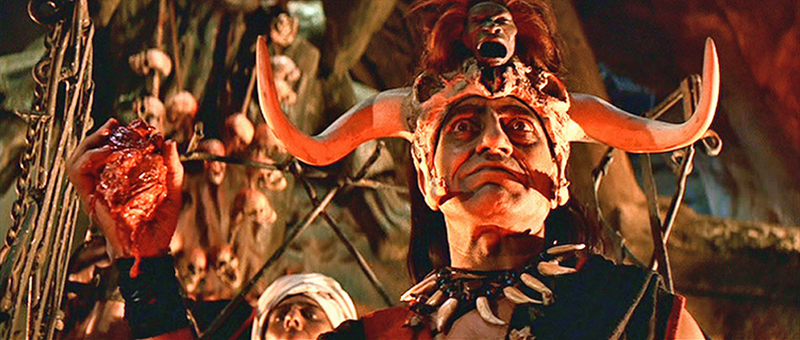
A watchdog organization monitoring marketing aimed at children is overhauling its guidelines, which will impact movie marketers considering that some landed on its hot seat in years past. The guidelines from a week ago come from the Children’s Advertising Review Unit (CARU), which is an industry self-regulation nonprofit organization.
The guideline revamp, which goes into effect Jan. 1, expands to broader digital coverage including apps and video games; and adds influencers. Other changes are focusing on children under age 12 instead of age 13; prominent disclosures in immersive digital content; promoting diversity and inclusion; and a full update of its own children’s privacy guidelines.
“The growth in online platforms and new immersive forms of child-directed interactive media during the past decade is reflected in the revised Guidelines, which now more specifically address digital media, video, influencer marketing, apps, in-game advertising and purchase options in games, social media, and other interactive media in the children’s space,” says a July 29 CARU press release.
“CARU’s self-regulatory role is to review and evaluate advertising, whether in print or digital ads, on TV, on product labeling, or now, within games and apps, for truth, accuracy, appropriateness, and sensitivity to the uniquely impressionable child audience,” says another CARU post.
A review of CARU’s press releases on recent actions turns up no Hollywood-related children marketing issues recently, perhaps in part because cinema advertising went dark during the pandemic. CARU had no comment beyond its posted information.
Given movie marketing mostly targets younger demographics, Hollywood should be vigilant and in past years received CARU rebukes.
For example, in 2015, CARU took issue with some placements in children’s programs of “Jurassic World” (pictured at top) TV commercials. “Jurassic World” is rated PG-13 for “intense sequences of science-fiction violence and peril.” CARU felt that a time slot had a large under-age-13 audience that is inappropriate given “Jurassic World’s” audience classification.
In 2011, CARU had issue with age-inappropriate content for TV advertising of Disney’s “Pirates of the Caribbean: On Stranger Tides.” Per usual, it referred both findings to major Hollywood studio trade group now known as the Motion Picture Association (MPA) for further review; the MPA ruled that the “Jurassic World” advertisement placement compiled with its rules, turning aside the CARU referral.

The biggest landmark in the history of appropriate children’s movie marketing dates back to 1984, though CARU was not directly involved. An outcry erupted over the lenient PG (parental guidance) cinema-audience audience classification for “Indiana Jones and the Temple of Doom” because of one over-the-top scene of jungle barbarians ripping a beating heart (movie scene pictured) from a captive human. That triggered creation of the PG-13 cinema rating (meaning not suitable for ages under 13) by another voluntary industry self-regulator. Note that the bulk of the “Temple of Doom” was deemed as appropriate PG fare, except for the beating heart scene.
Children protection in marketing boiled over as a public policy and regulatory matter in the 2000-09 period. The Federal Trade Commission held hearings, put movie executives on the hot seat and issued reports. But by 2009, Hollywood cleaned up its act. The academic/business book “Marketing to Moviegoers” notes that “In its December 2009 update, the FTC mostly praised Hollywood for being responsible in theatrical distribution, though it was more critical about movie-distribution practices in home video.”
Founded in 1974, CARU covers the full gamut of industries, and media/entertainment gets plenty of attention these days with mobile cell phones (mostly claims on wireless performance and contract subscription terms), cable TV service (for internet service performance), and gambling. Its reviews involve messaging such as creative materials, media placement often with the issue if the majority of audience is age appropriate, and disclosures such as rules for contests. The organization also offers a prescreening service giving feedback prior to media being placed. CARU is a unit of nonprofit the Better Business Bureau, based in New York.
In 1996, CARU added a section to its Guidelines covering online including Websites directed at children under age 13 for online privacy. These Guidelines served as the basis of the federal Children’s Online Privacy Protection Act of 1998 (COPPA) and CARU is now expanding its regulations.
CARU does no direct enforcement but investigates matters, and then asks any offenders to remedy. As a last resort, CARU can refer its findings to enforcement agencies.
Big companies don’t want reputational issues so usually work to reach an accommodation. Smaller offenders are less concerned with bad publicity so their reactions vary.
Related content:
- Press Release: Children’s Advertising Review Unit Issues Revised Guidelines
- CARU Blog: Six Key Changes in CARU’s Revised Advertising Guidelines
Leave a Reply